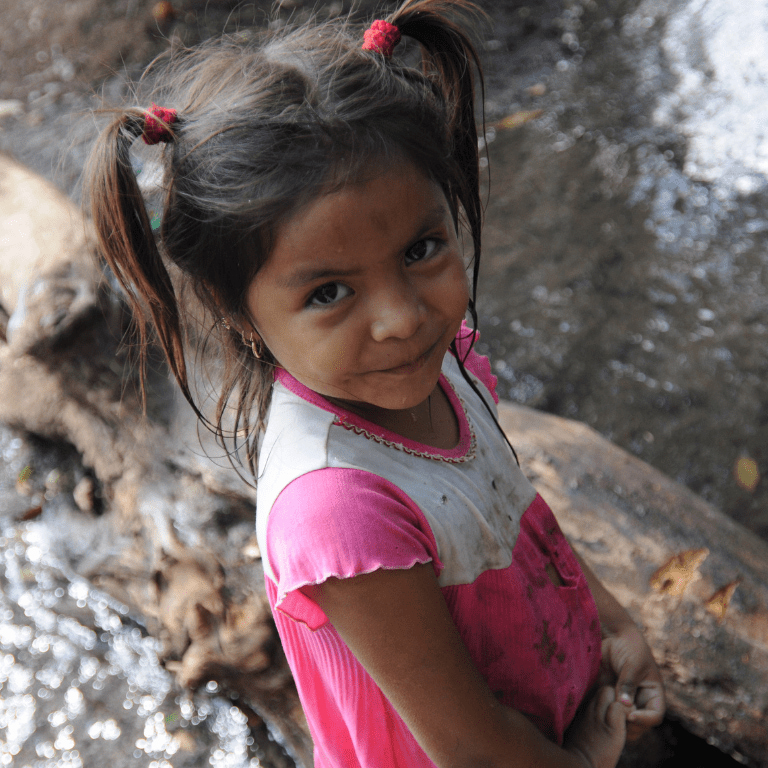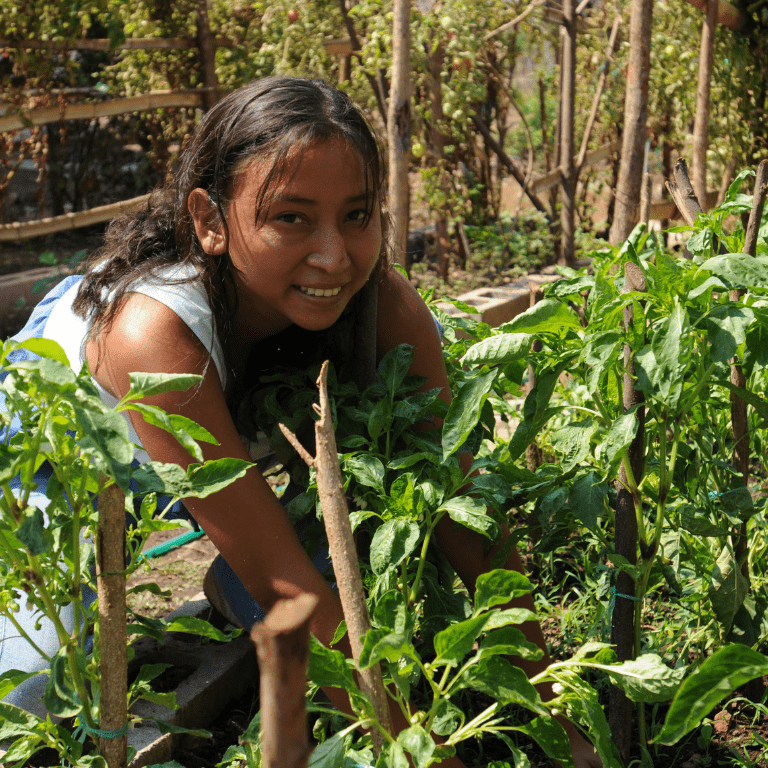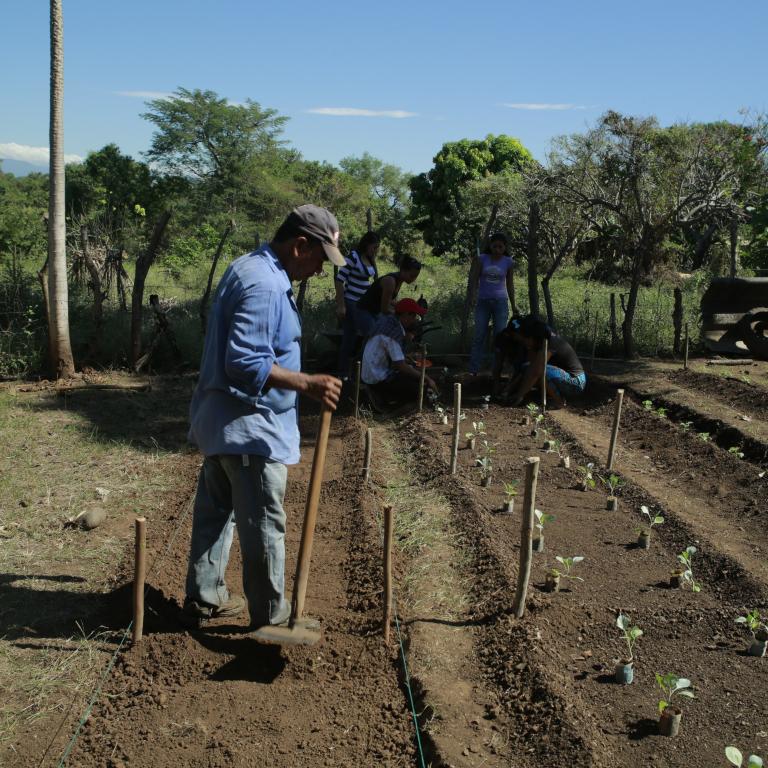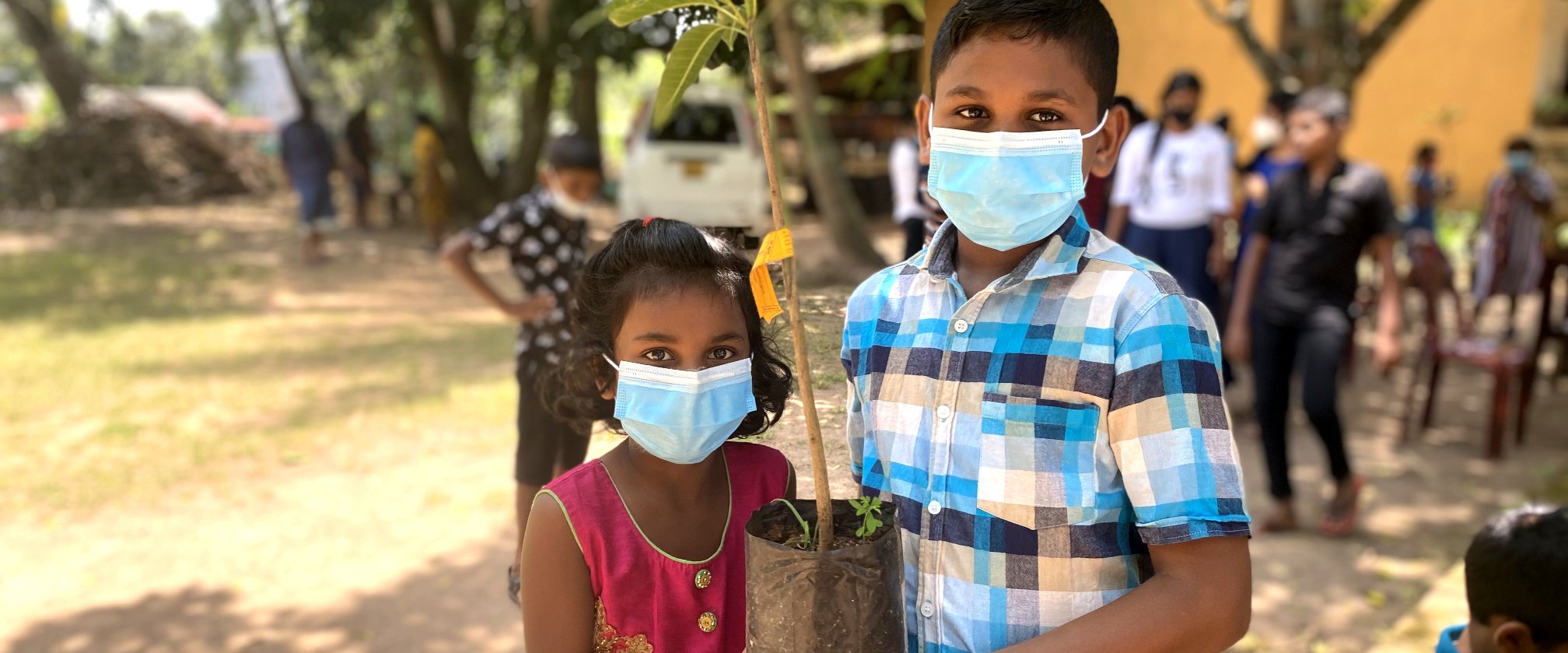
Our partner’s community-based health care supports and protects young children, so they reach appropriate health and developmental milestones. This focus on early development is foundational and critical to helping children achieve their full potential as future contributing members of their communities. We work with our partner to improve community health education and provide preventative and curative medical and dental health services for children and their mothers. Health promoter training and nutrition education are a part of our efforts to improve children’s health. We also promote household participation in savings and loan groups to support both child health and livelihood investments.

The Diocese’s work focuses on helping communities promote the rights of women and children and move toward the goal of everyone living free from violence in a society in which they are treated with dignity and respect. The Diocese’s trauma awareness and resilience work in schools is equipping youth with the tools to identify and transform the impact of trauma in themselves, their families and the wider community. It facilitates healing with tools and practices for addressing trauma and breaking the cycles of violence in their own lives.

In partnership with the Diocese, we help families and communities work together to adapt to the worsening effects of climate change. This work includes preparing for and recovering from climate-influenced events such as floods, hurricanes and other disasters. Alongside emergency distributions of food, the Diocese promotes food security-related activities in communities and at schools, focusing on agricultural and conservation training, reforestation and growing fruit trees, vegetables and grains. We also promote financial literacy and savings and loan groups to help families improve their economic and livelihood resiliency.

